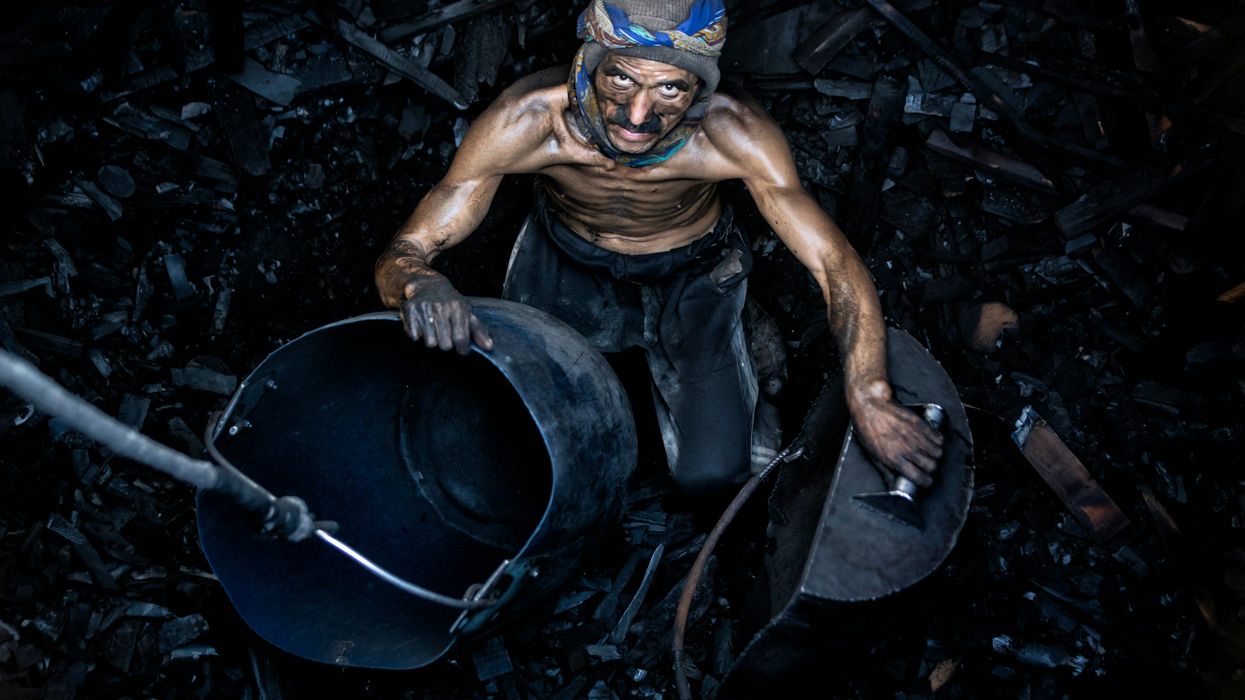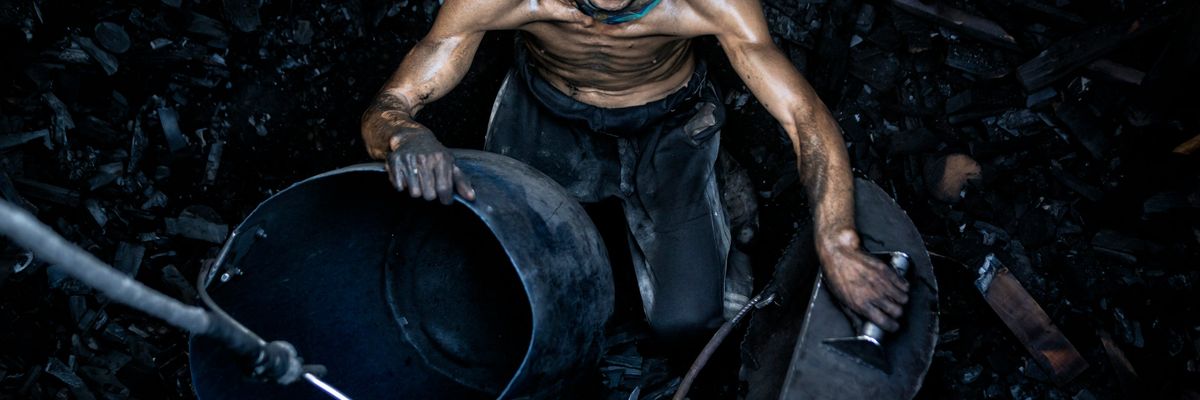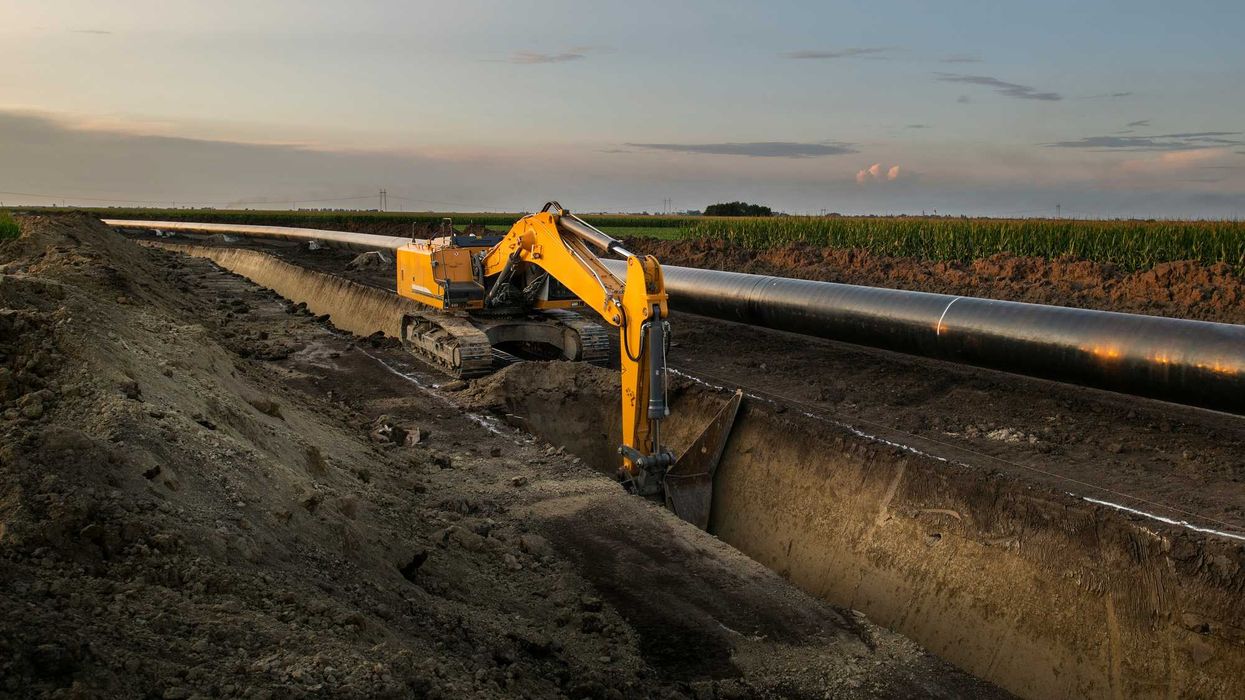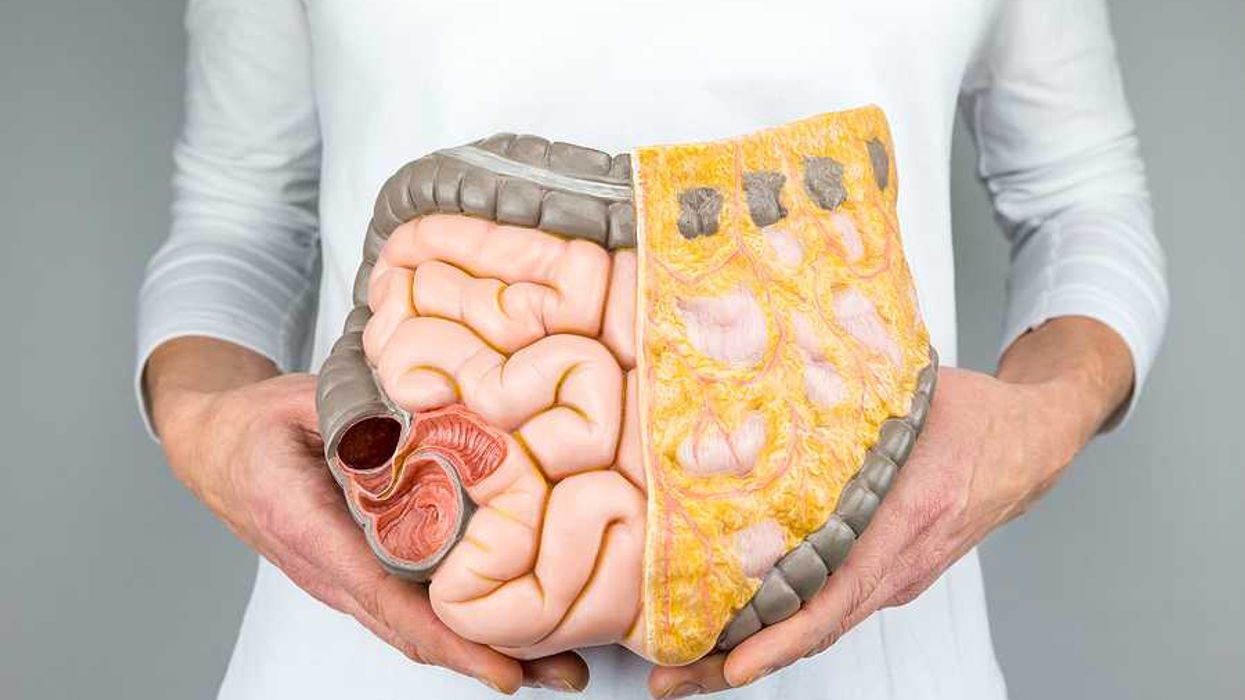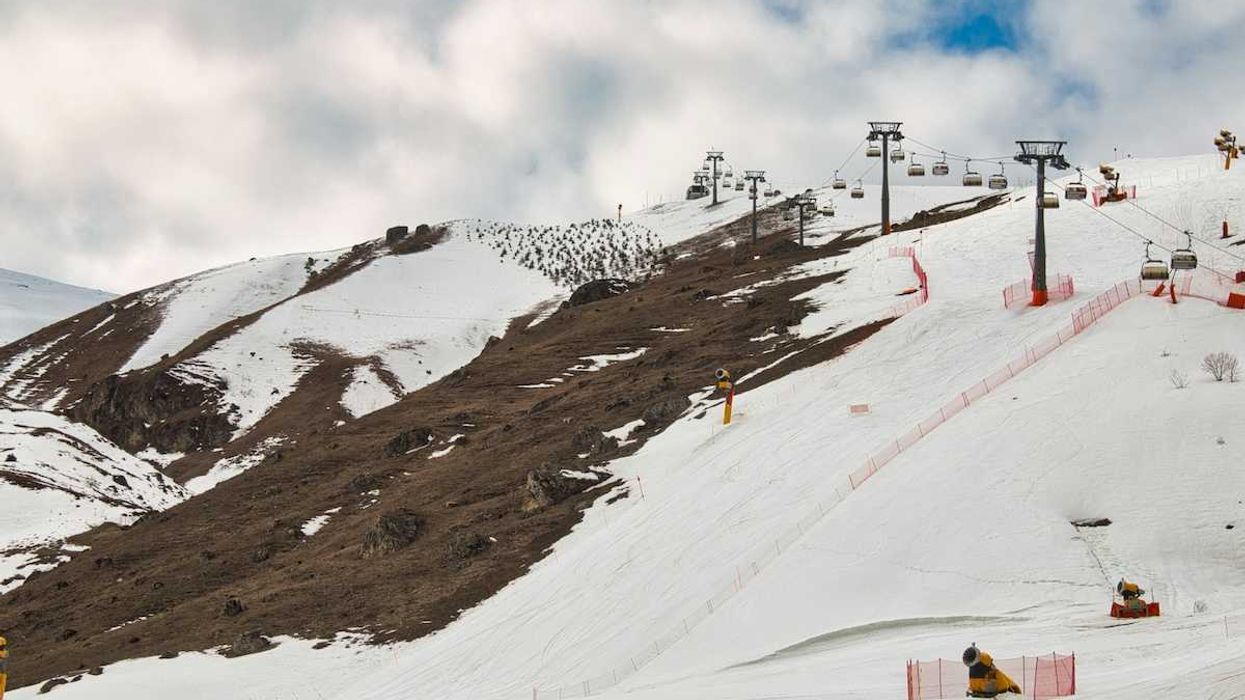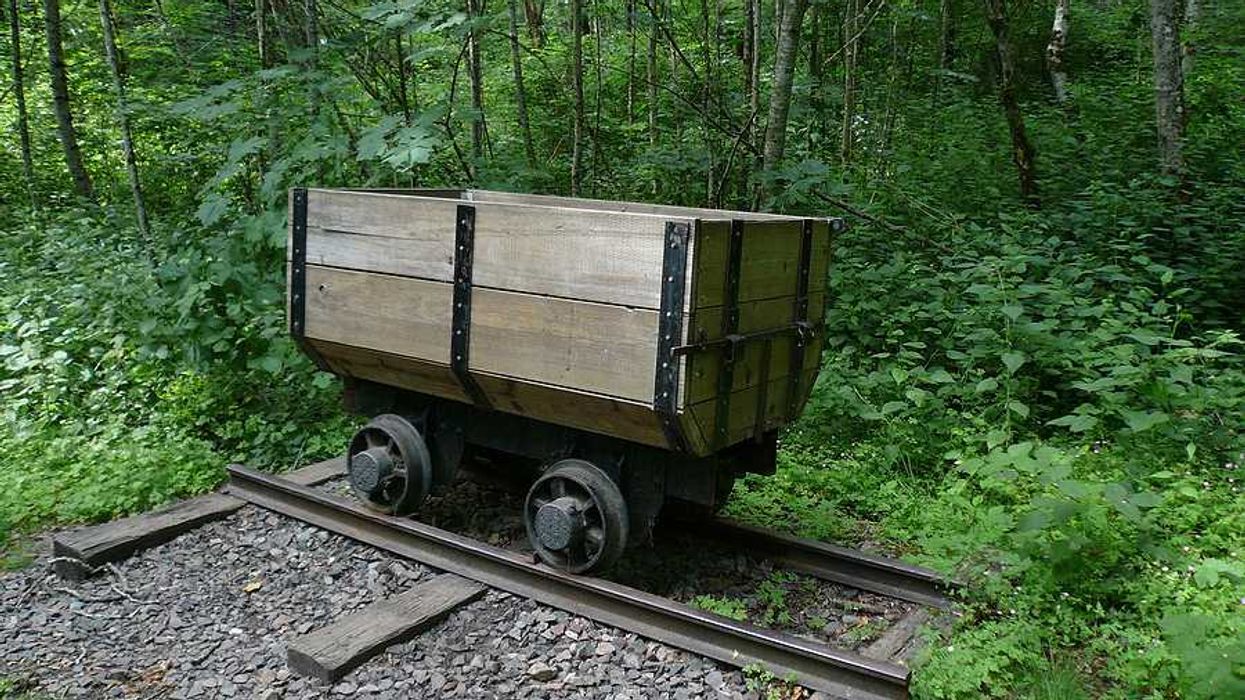After a court order restored funding, federal health workers have resumed mobile screenings for black lung disease, bringing free tests directly to miners across West Virginia.
Caity Coyne reports for West Virginia Watch.
In short:
- The National Institute for Occupational Safety and Health (NIOSH) restarted its mobile screening unit for coal miners after federal budget cuts halted the program earlier this year.
- Screenings, which take about 30 minutes, include chest X-rays and lung function tests to detect black lung disease; results are confidential and offered to current and retired miners.
- Black lung rates in central Appalachia have climbed to a 25-year high, with younger miners increasingly affected due to higher exposure to silica dust.
Key quote:
“It’s about giving them choices, making sure they’re aware of their health and any risks they might be taking. We aren’t here to force anyone to do anything, but we want to make sure that they’re being educated about what could happen and their own risk level.”
— Laura Reynolds, supervisory programs management officer, NIOSH Respiratory Health Division
Why this matters:
Black lung disease, caused by long-term inhalation of coal and silica dust, permanently scars the lungs and can make breathing a struggle. Rates of the disease have surged in Appalachia as miners dig through more silica-rich rock to reach dwindling coal seams, exposing even younger workers to dangerous dust levels. With no cure, early detection is often the only way miners can seek safer assignments or benefits to support themselves. The disease’s prevalence highlights ongoing tensions in coal country: Communities rely on mining jobs, yet the work continues to damage health on a generational scale.
Related:

